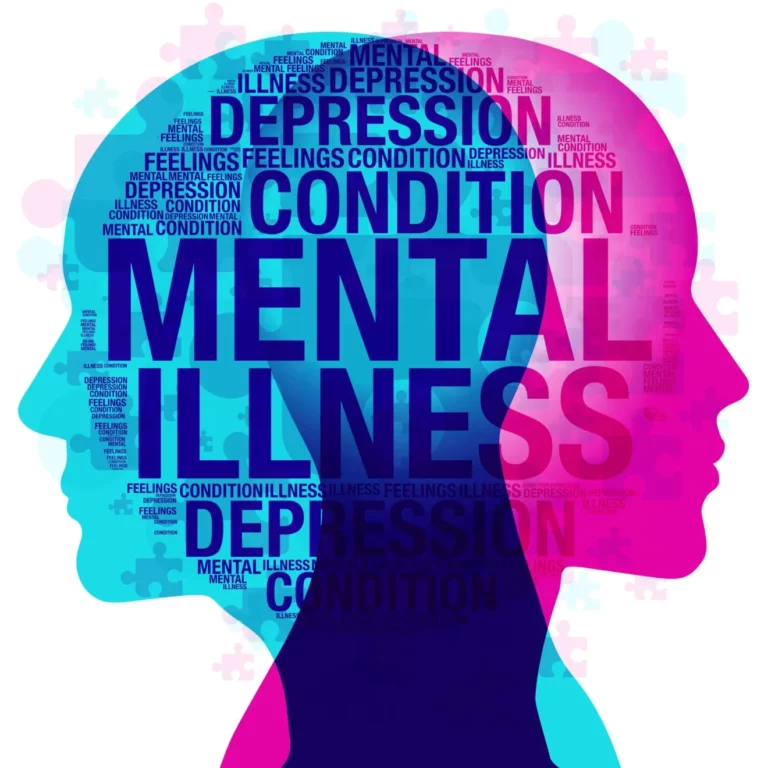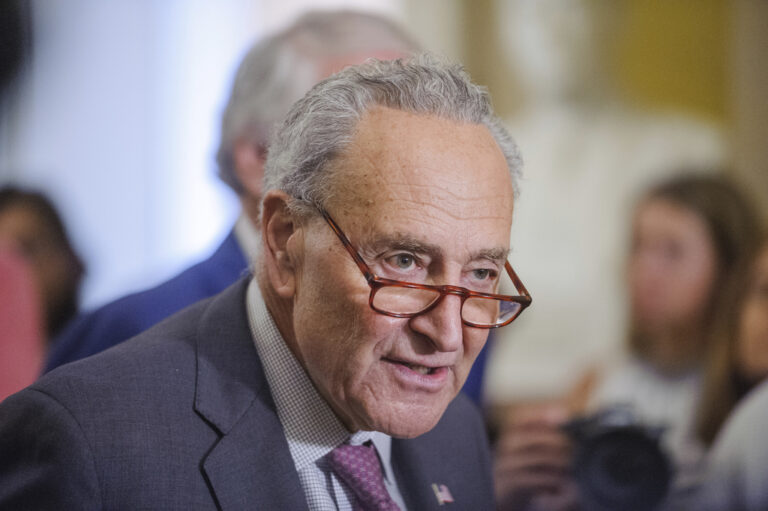 Sara Rodriguez recently received a $4,000 bill for a six-hour emergency room visit to treat a fever. She says she can’t pay, but she’s also not planning to buy health insurance through the new federal marketplace.
Sara Rodriguez recently received a $4,000 bill for a six-hour emergency room visit to treat a fever. She says she can’t pay, but she’s also not planning to buy health insurance through the new federal marketplace.
Rodriguez, like others gathered in a Houston gymnasium listening to a presentation about the health care overhaul, says she can’t afford insurance, even for $50 a month. With two young children and barely $400 of income a month after paying rent, she struggles to feed her family.
“It’s the law, but I’m not interested,” the 27-year-old says, explaining that she attended the presentation only because her GED teacher is making her write an essay. “I cannot afford it.”
The presentation ends and Rodriguez grabs her belongings and rushes out, forgoing the opportunity to make an appointment for enrollment assistance. The crowd of about 200 quickly dwindles, with some stragglers lingering to schedule appointments.
As a March 31 deadline draws near, this is a daily reality in Texas, where nearly 1 in 4 people is uninsured, the highest rate in the nation.
Texas stands out among the nation’s four most populous states for lagging behind on signups. California, New York and Florida have signed up far more people.
Enrollment helpers here are working days on end, sometimes with no time off, as they make a final push to get people to buy policies.
They count the small victories: If only five people come to a three-hour enrollment event but all sign up, that gets a thumbs’ up. No matter that it is just an infinitesimal fraction of the nearly 760,000 Texans the Department of Health and Human Services estimates could be eligible.
The final weeks of enrollment are sure to be filled with frenetic activity. Mega-enrollment drives are planned almost daily. Weekend and evening events are jam-packed. Hospitals in Dallas will stay open for longer weekday and weekend hours.
At this late stage, education and outreach have largely been abandoned. The goal now is to ensure that everyone who strolls in with paperwork walks out with insurance.
“Sign up! Sign up,” is the charge guiding Benjamin Hernandez, Houston’s deputy assistant health director, as he helps with a massive effort to reach his region’s 1 million uninsured.
Texas’ large uninsured population makes it crucial to the success of the entire national program. But the impediments are many.
The state’s large Hispanic population — some of whom are in the country illegally — are either not eligible or wary of enrolling because of fears that doing so might reveal the existence of family members at risk of being deported.
As of mid-March, enrollment numbers were only slightly more than 295,000, lagging behind Florida, another state with high numbers of uninsured and a governor opposed to the program.
Texas Gov. Rick Perry has erected his own obstacles in the form of additional rules and training requirements imposed on health care “navigators.”
Other Texas Republicans have also slammed the program. Lt. Gov. David Dewhurst, forced into a runoff against a tea party candidate after a tight primary, released a TV ad that shows businessmen and women in suits engaged in a high school cafeteria food fight — a metaphor, according to the ad, for the program’s glitch-filled rollout.
It’s not clear whether the Perry mandates and the intense public criticism of the law have scared off many potential enrollees. But Hernandez believes “lack of information and misinformation are key barriers.”
Brenda Sanders, 54, was one of about a half-dozen people who trickled into a recent enrollment event on Houston’s north side. Sanders knew the deadline and where to find a plan. She tried to apply, and it appeared she didn’t qualify for financial assistance. The $200 monthly premium offered was unaffordable on her income of barely $600 a month, the part-time home care provider said.
“I’m a little disappointed,” Sanders said. “Even with Obamacare, it’s supposed to be affordable, but for people like me, that are low, low income, it’s still not affordable.”
And that is another struggle for Texas. The state decided against expanding Medicaid, despite the offer of federal dollars to help cover the costs in the first few years, meaning more than 1 million of the uninsured who do not qualify for subsidies could be left without coverage.
In the meantime, Houston and other areas are zeroing in on crucial populations: younger people and Hispanics. Houston spent about $40,000 on a two-week radio ad buy in English and Spanish. Hernandez also advertised in fitness centers, hoping to reach Hispanic mothers, believed to be the health care decision makers in those families.
Martha Blaine, executive director of the Community Council of Greater Dallas, recently spent just under $10,000 to buy radio spots on seven different Spanish radio stations in North Texas. The spots ran for two weeks in the morning and afternoon drive times and midday to hit stay-at-home moms. One was aimed at young men.
“Their mom will be listening to the other station and tell them to go do it,” Blaine said. “We figure we’ll hit them with both sides with that one.”
Rodriguez has seen and heard all this, but remains adamantly opposed. Sitting alongside her GED classmates at the presentation organized by the Association for the Advancement of Mexican Americans, they run through their expenses: food, clothes, diapers, baby formula, baby sitters.
Sitting next to her is Mayde Arroyo, 32, who makes less than $400 a month working weekends at the Children’s Place clothing store. She relies largely on the $780 a month she gets in child support to raise her 11- and 10-year-old boys. Often, she says, she doesn’t have the $25 co-pay to take her children to the doctor under the insurance plan they have through their father. She is desperate to also be insured but not optimistic about obtaining coverage.
“I’m not going to work just to pay my insurance,” Arroyo says, concluding she can’t afford more than $50 a month for a plan.
Rodriguez, meanwhile, looks through the pamphlet she received at the event. An hour later, she’s considering at least filling out an application. But even $20 a month is a stretch, she says. Like the $4,000 hospital bill she will ignore, she also shrugs off a penalty imposed by the law on those who are eligible for marketplace coverage but remain uninsured.
“It will just come out of my taxes so it doesn’t matter,” she says. “And it’s way less than what they will take out monthly, right?”
(AP)











4 Responses
All of it because the smart Republicans in Texas figured they don’t want to pay 10% of the Medicate Expansion, so they don’t cover them.
One thing Rick Perry is not telling in his advertising blitzes across the US to tell how great Texas is, that Texas has 25% uninsured, vs. NY only 12%. And all the southern states have the highest numbers of uninsured, and the highest numbers of minimum wage earners.
Texas’ health care system is a disaster and the Republicans who have been running the state government for 20 years did not cause the problems, but are quite happy to keep things as they are. The much publicized restrictions on medical malpractice awards did not have much of an effect. Texans who live in the Rio Grande Valley now go to Mexico in large numbers for their medical care. The Affordable Care Act has a lot of problems but the Republicans in Texas are actively trying to make them worse.
And this is an example. Incredibly, this woman does not qualify for Medicaid in Texas. She would in 43 other states and the District of Columbia; in the seven stragglers, six have Republican governors and the seventh has a recalcitrant Republican legislature. As a result of the high fraction of the population that is uninsured, Texas’ medical providers get stiffed on a regular basis and have to try to pass on the costs to those who have insurance. It is a real mess.
ObamaDoesntCare and the heath care is UNaffordable! Of course kool aid drinkers like Charlatan Hall would like for you to think it’s the best thing since sliced bread. Charlatan, are you on ObamaDoesntCare yet?
“Charlatan, are you on ObamaDoesntCare yet?”
I know that I’ve won the argument when the other side resorts to namecalling. But the NY Obamacare website does offer better coverage, at a lower cost, than my employer does. So much for your ignorant claim of unaffordability.